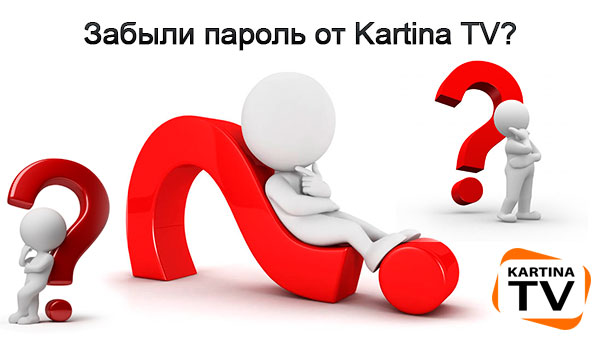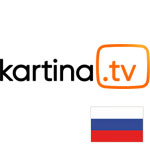

Connect TV’s licensing arrangements were not with the relevant broadcasters (in effect, the principal copyright holders, being the Russian broadcasters) but with intermediate entities, and it was unable to produce the licences (if any) in place between the relevant broadcasters and their immediate licensees. Under the CIPR, a “relevant broadcaster” is a person who is entitled, under the law of the country from which the television broadcast originated, to make that broadcast and is, when the broadcast is made, a person resident in, or a body corporate that has its headquarters in, that country. It was at this stage that Connect TV experienced interference with its prospects for success, because it failed to prove that it was the exclusive licensee of the television broadcasts in question. In the end it did not matter, because the applicants sought copyright protection over every individual programme or segment thereof, and each programme was a “television broadcast” the copyright in which was owned by the Russian broadcasters. Justice Tracey did not consider that the relevant authorities went so far as to stand for the proposition that copyright will not subsist in the aggregation of programs (including advertising) on a particular channel as a “broadcast”, but neither did those cases sit comfortably with Connect TV’s proposition that the broadcast over a 24 hour period of individual programmes could be characterised as a single broadcast. The respondents generated static by arguing, in effect, that the continuous broadcast of the sound and visual content of a television channel (or in other words, the continuous streaming of a channel) was not a “television broadcast” in the requisite sense. The relevant act was alleged to be the communication to the public of those programmes (via Kartina’s online facilities).Ī threshold question was whether the broadcast of the content on the relevant channels amounted to “television broadcasts” within the meaning of the Copyright Act 1968. The applicants brought proceedings against the respondents in question for infringement (direct and/or by authorisation) of the copyright subsisting in the broadcasts of the relevant programmes. The remaining respondents were individuals associated with All Rounder. The first respondent ( All Rounder) offered access to those same programmes to Australian viewers over the internet by providing set-top boxes and access codes that allowed All Rounder’s customers to access video streams from another service provider, Kartina TV (who, it seems, intercepted the original transmissions and converted them into digital content). The Russian Federation is a Rome Convention country. Of note, the Copyright (International Protection) Regulations 1969 (Cth) ( CIPR) affords to television broadcasts made by a relevant broadcaster from a place in a Rome Convention country the same protection as is enjoyed by domestic television broadcasts under the Copyright Act 1968 (Cth). Three of the other five applicants were the companies who produced the programmes ( Russian broadcasters) in question and from whom Connect TV claimed to enjoy an exclusive licence.


The first applicant ( Connect TV) claimed to hold exclusive licences to broadcast certain Russian language programmes in Australia, sourced from the Russian Federation and relayed via satellite transmission. Copyright – television broadcasts – communication to the public – Russian language programmes – whether channel streaming a “television broadcast” – “relevant broadcaster” – whether exclusive licence.Ĭonnect TV Pty Ltd v All Rounder Investments Pty Ltd (No 5) FCA 338


 0 kommentar(er)
0 kommentar(er)
